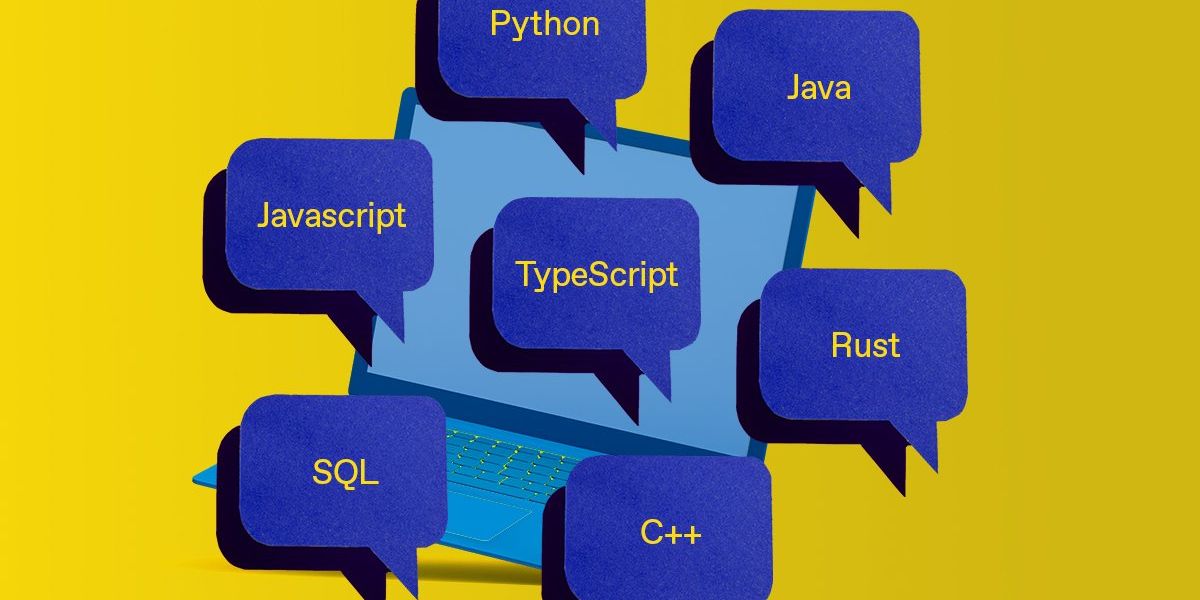- 29 Posts
- 172 Comments
There’s some discussion about finding freelance work over at Hacker News today:
maybe don’t just assume all of us knows what ‘GPR’ is. For those maybe wondering, it stands for “General Purpose Registers”.
That is stated in lesson 1. It’s in the first sentence that mentions “GPR” and in the heading directly above it.
(By the way, I’m not the author.)
Cat & Odin looks cute. Thanks for letting us know it’s written in Onion.
It’s not an English word. Its use here is most likely a misspelling of “shady”, which means disreputable, questionable, or possibly up to no good.
Was Elivis considered particularly versatile?
I guess systemd is now duplicating things that have been in unix for decades.
I find the opposite to be true. There’s nothing like being skilled in a field to make poor workmanship in that field stand out to you.

 162·6 months ago
162·6 months ago“Locked” implies no easy way of reopening.
Most counterproductive bug tracker feature ever.

 7·6 months ago
7·6 months agoMicropython is an interpreter, implemented in C. Anything running in it wouldn’t be an operating system in the sense that we usually mean. Anything incorporating it wouldn’t satisfy OP’s goal of being “only Python”.
If a CPU were developed that used Python bytecode as its official instruction set, perhaps using micropython implemented as microcode, then it might work.
I wonder if you would get different answers if you split your question into two:
- Why do you program for yourself?
- Why do you choose programming as a profession?

 84·6 months ago
84·6 months agoOnly if they measure their success in terms of traffic on a Microsoft web site.
Successful projects predate GitHub.

 81·6 months ago
81·6 months agoI read it as needing a Microsoft account, and having to accept Microsft’s terms and conditions, in order to contribute to an unrelated (and probably open-source) project. That’s a valid complaint.

 5·6 months ago
5·6 months agoAt least I linked to the code,
I appreciate that. :)

 10·6 months ago
10·6 months agoHere’s a fun fact not noted in the article:
It’s #19 in the article.

 6·6 months ago
6·6 months ago#17 mentions strict and links to its documentation.

 25·6 months ago
25·6 months agoOne can argue that any programming is computer science,
One could argue that, but I think it would be a weak argument.
Keeping within the subcategory of software, I think of computer science as the theoretical side and programming as the practical side. The same distinction is sometimes made in other fields, like physics.
Seems to me that the author saw a show written by people with a narrow and shallow understanding of the field. For better or for worse, it happens on TV all the time. If he wants to demonstrate a widespread disconnect in the software community, there are probably better examples out there.

 3·6 months ago
3·6 months agoHere’s a clever use of them: https://blog.mozilla.org/security/2020/01/09/crlite-part-2-end-to-end-design/

 13·7 months ago
13·7 months agoBloom filters can be handy. They’re worth learning even if you don’t care about SQLite.




Long ago, I solved all of the ways in which PHP made me sad…
…by abandoning it.
Nowadays we have better languages that can do the job at least as well.